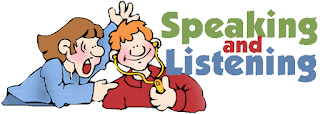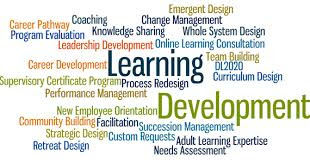Rituals In School

Rituals In School Hello everyone, welcome back to my blog. Today I want to share with you about my rituals in my school. So do you guys have rituals that y'all did with your teacher back in school? You know, I mean, it's a kind of habit that you did whether it's before entering the class, during the class, or after the class. I guess you have, don't you? Cause you know when we're in school, especially in elementery school, we usually had habits like greeted the teacher or kissed the teachers' hands or whatever. Well, today I'm going to talk about those habits or so-called rituals that I had back in elementary school days. When I was in elementary school, the rituals we usually did in the morning when we're in the courtyard doing the go-ahead. We usually had a 'sarapan pagi'. Here, the 'sqrapan pagi' is not kind of break fast that people usually have, like having a meal. Here, we did like counting. So, the teachers would choose the st...








